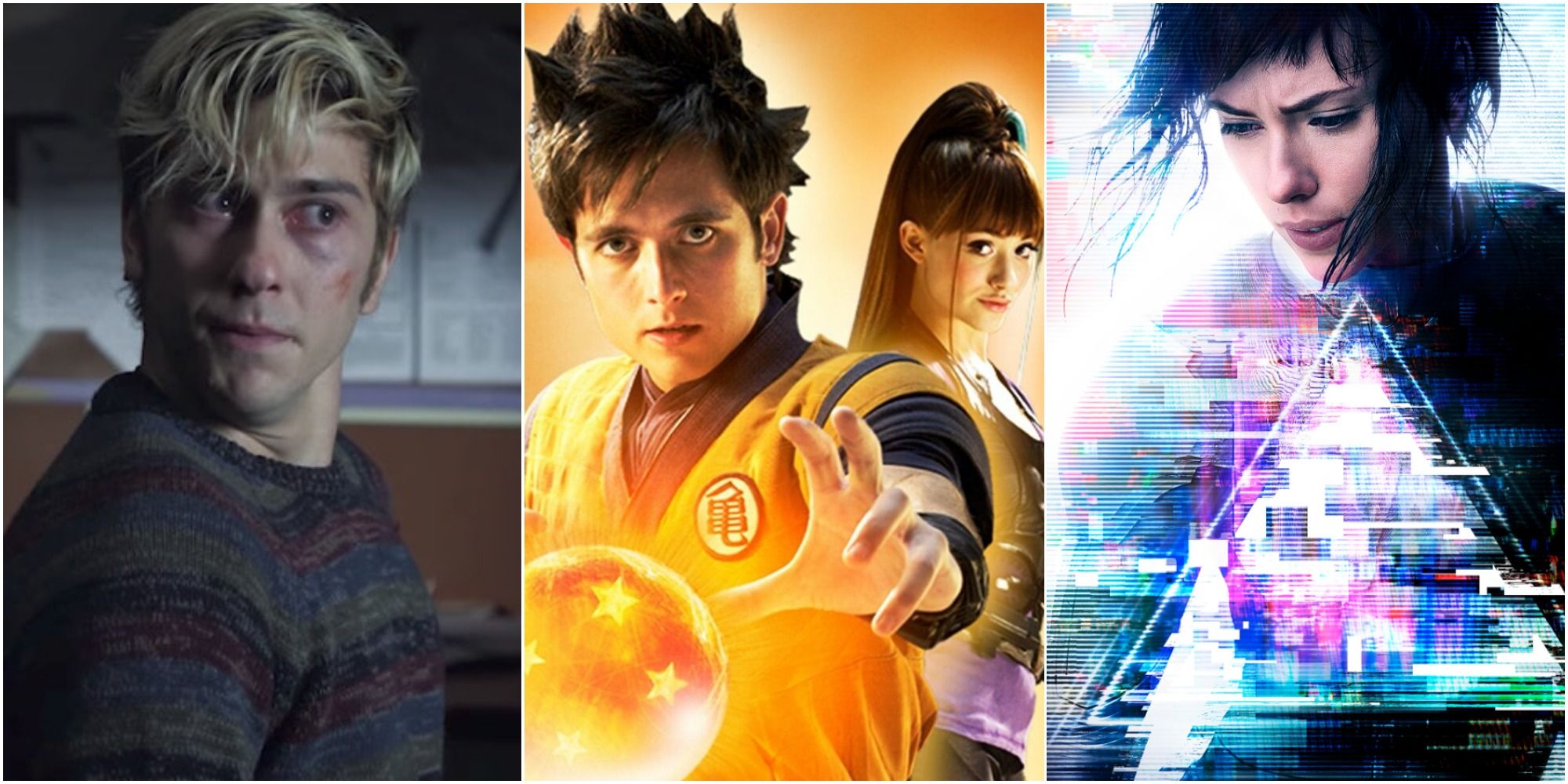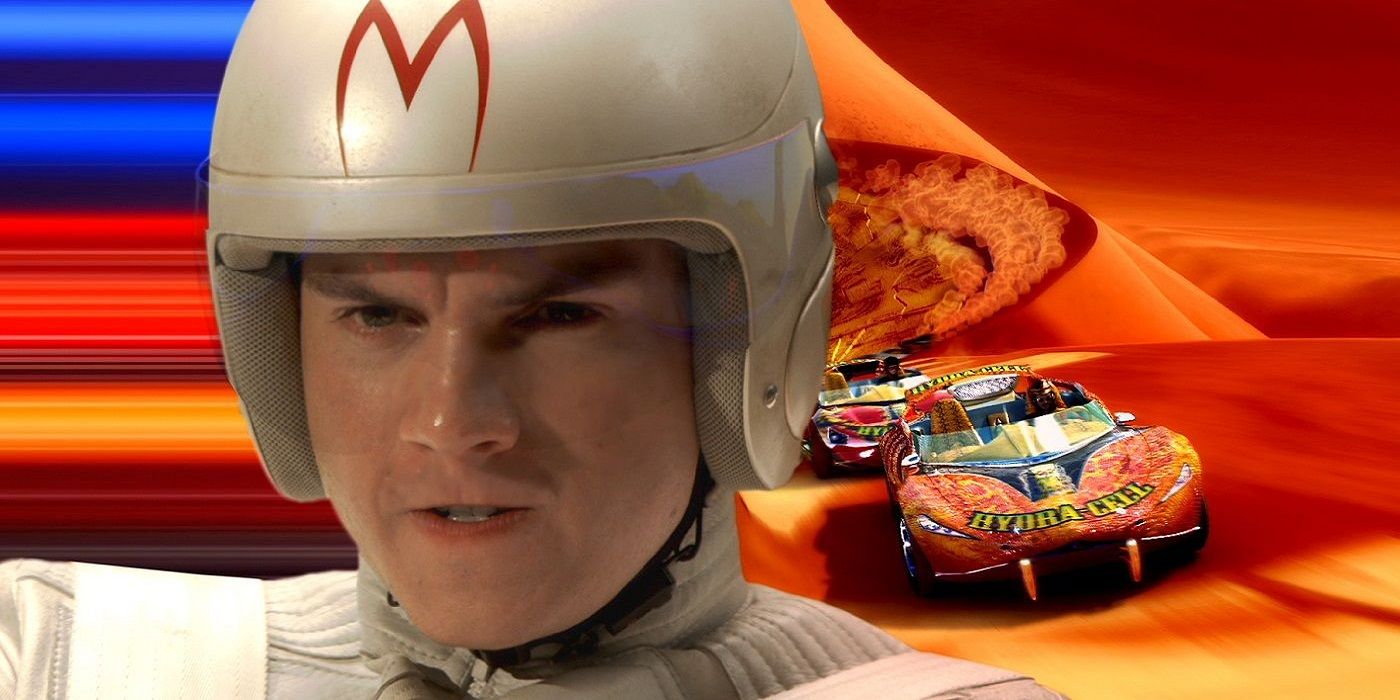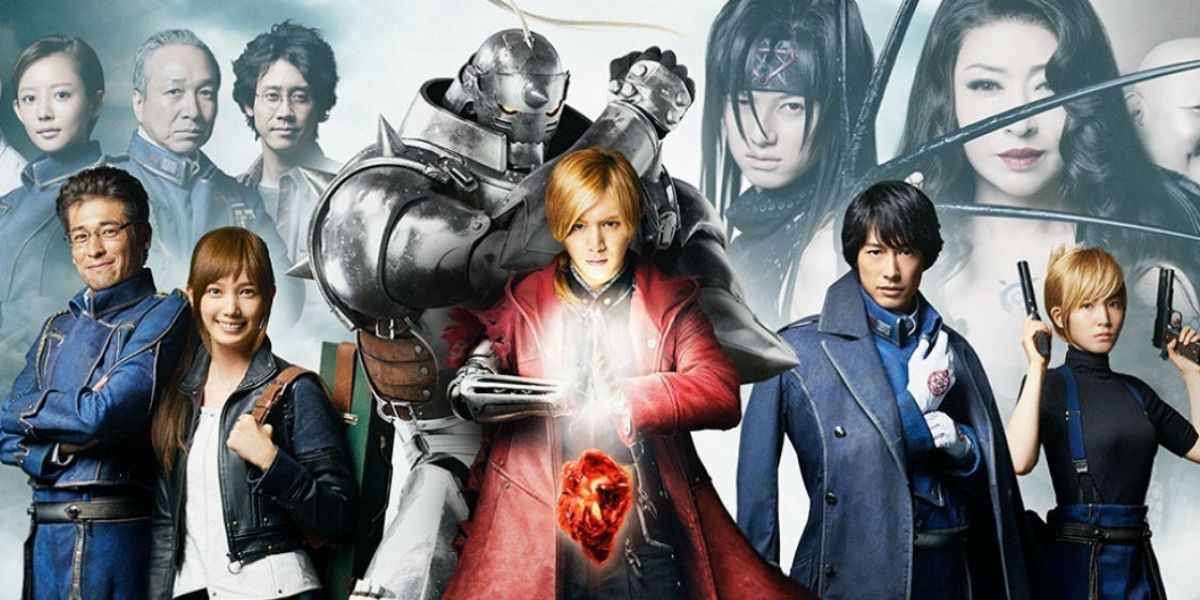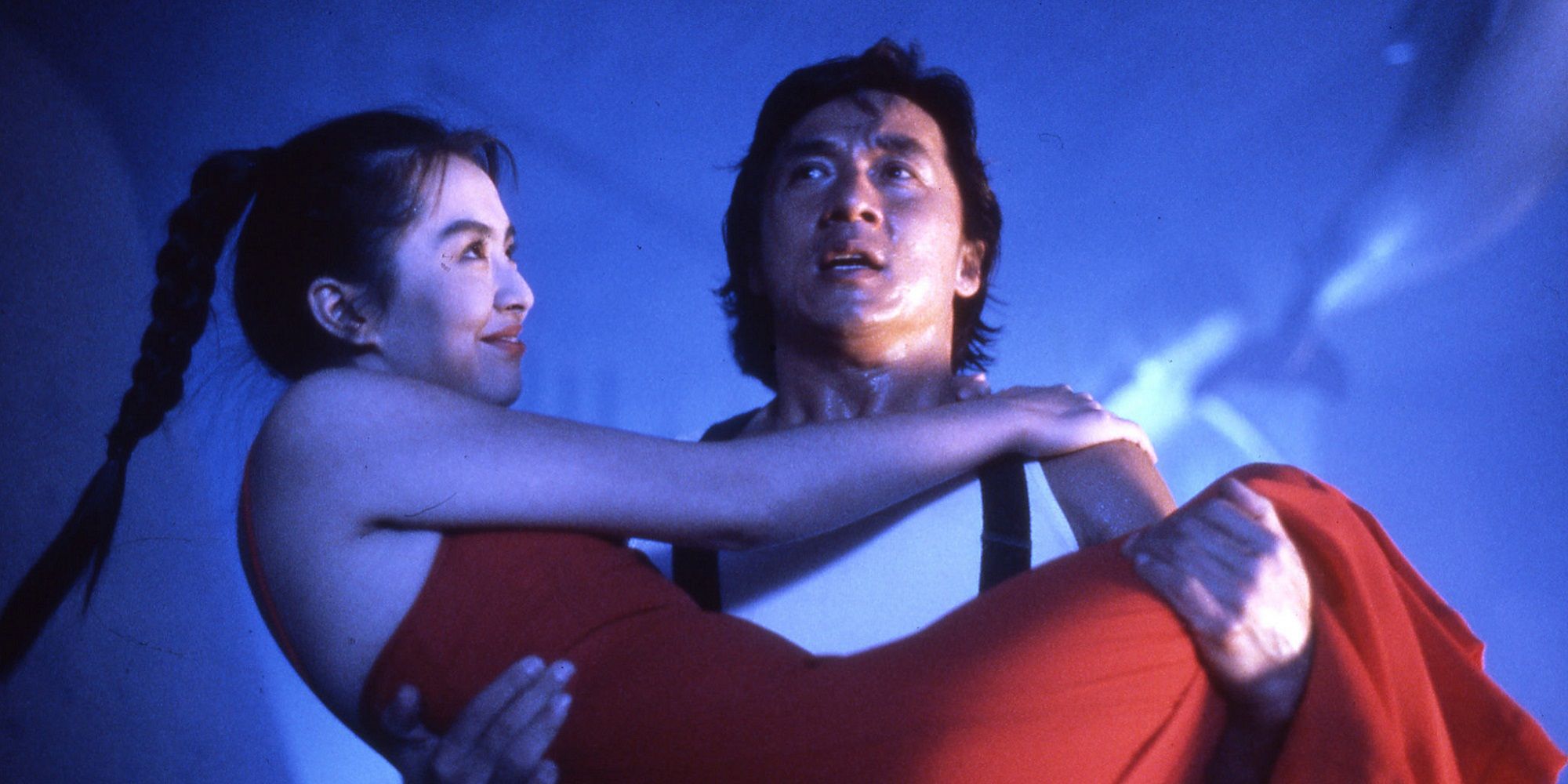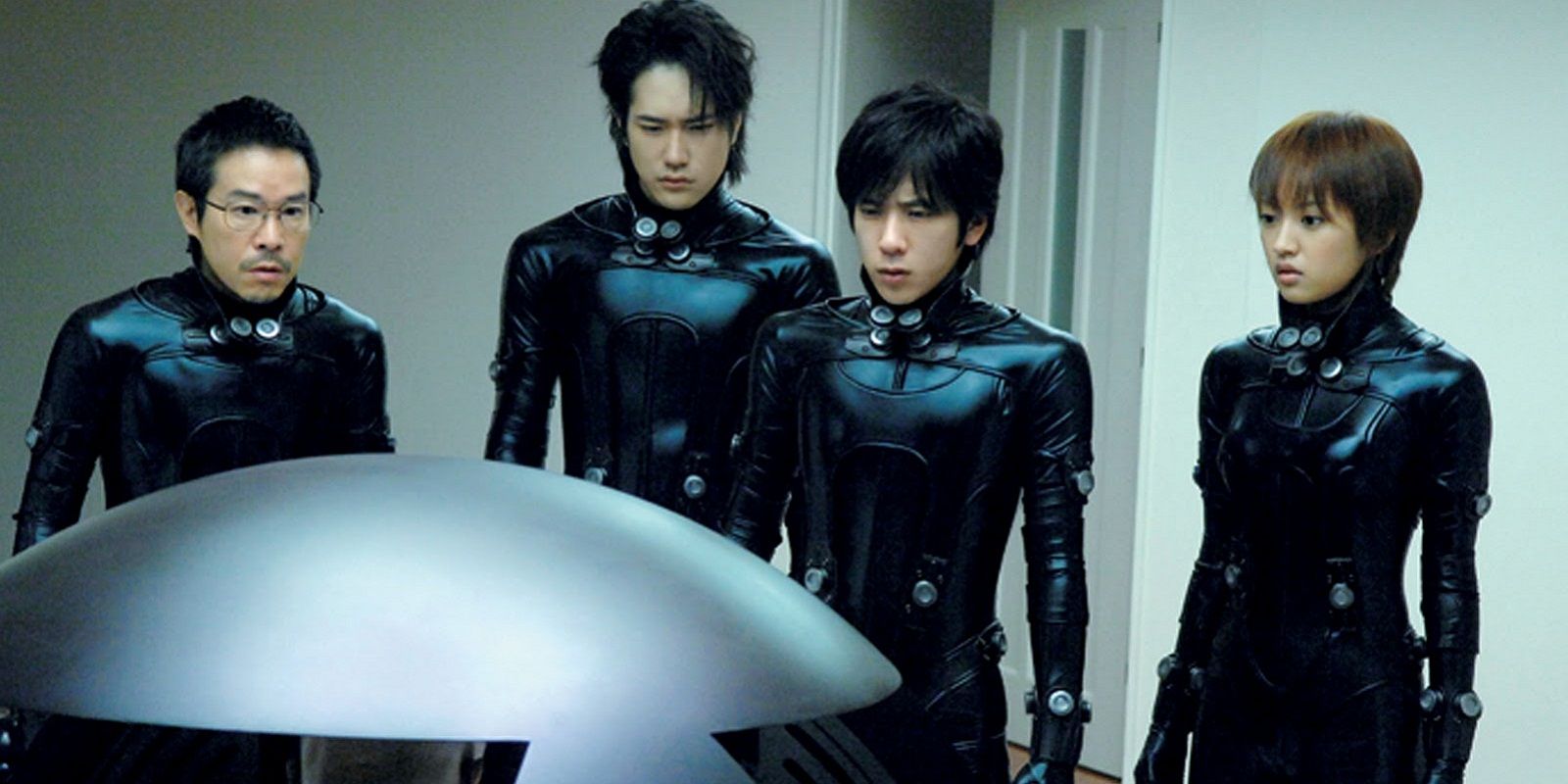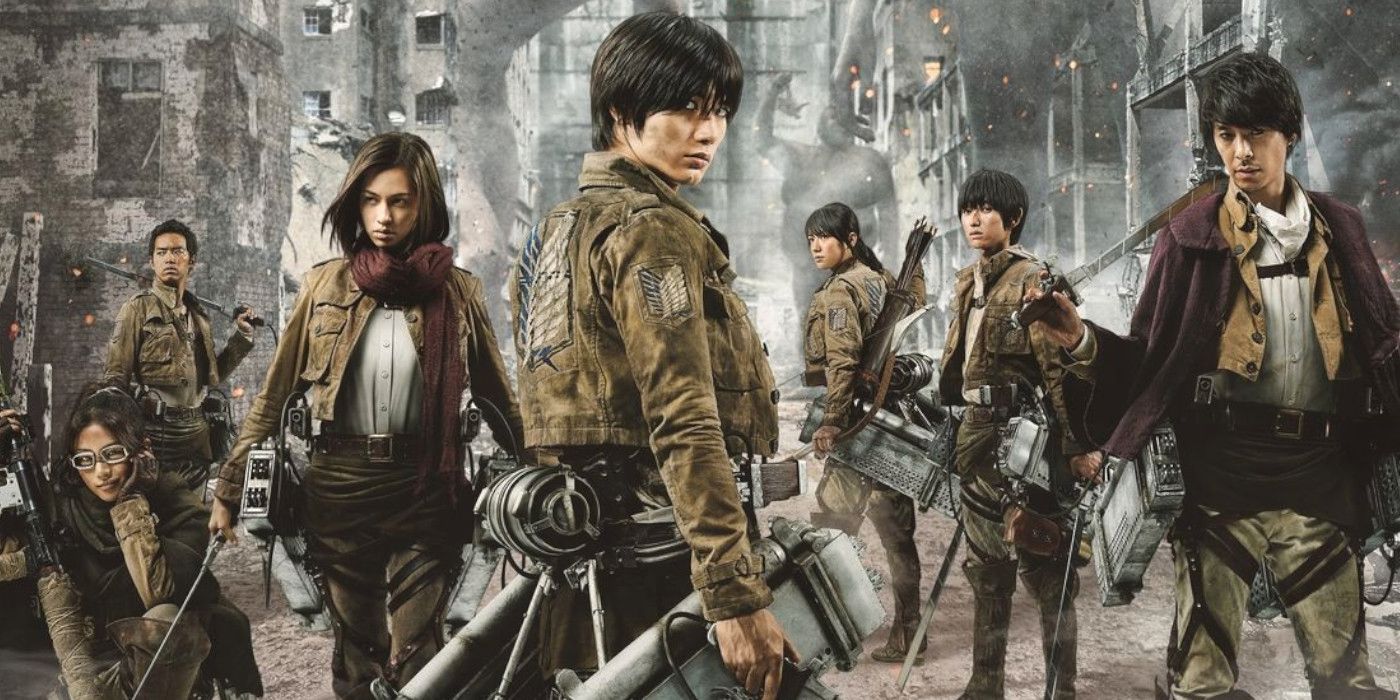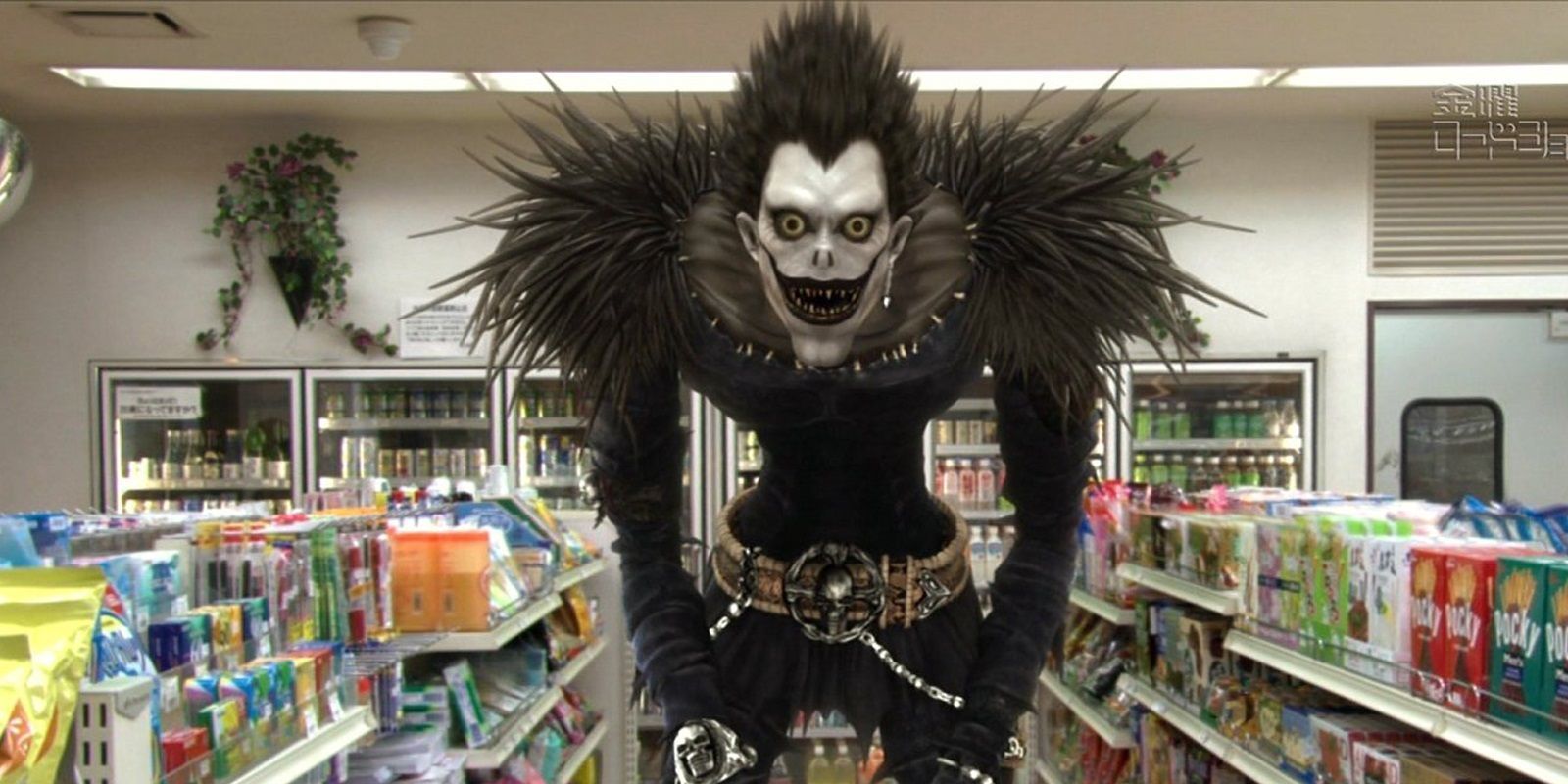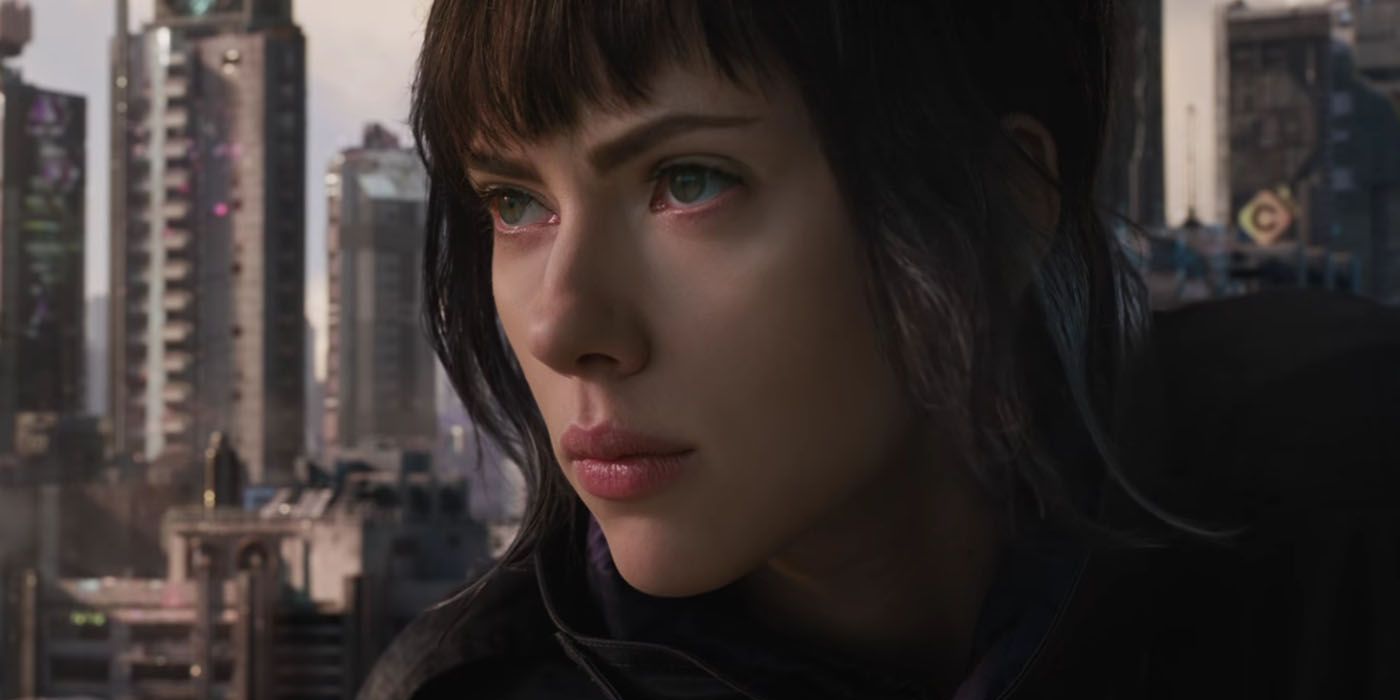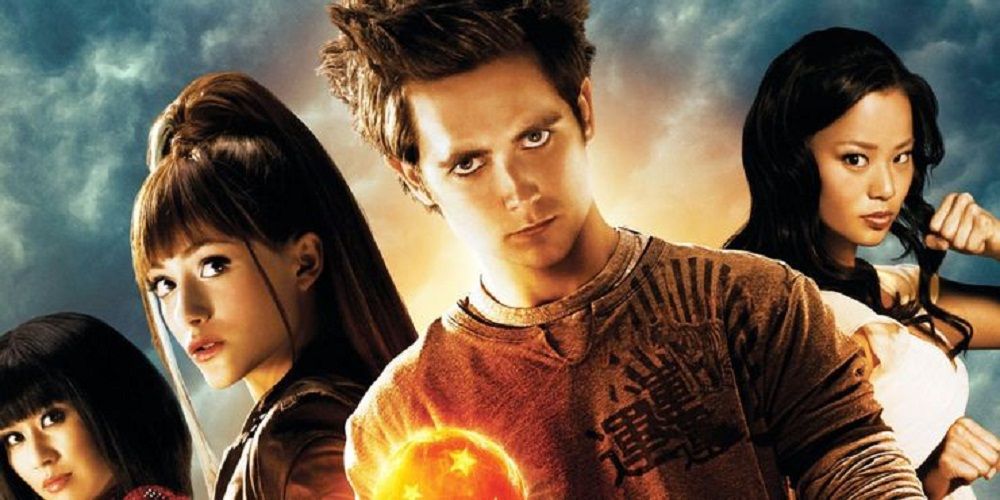Since its very inception in cinema and television, animation has taken on many different forms. Among these, the Japanese form of animation production—better known as anime—has unique elements that have garnered fans from all over the world.
For starters, anime shows are visually stunning. The ones who create them use animation as a medium to create worlds of such a grandiose scale that it's nearly impossible to recreate something similar in a different medium. That's part of the reason why most anime live-action adaptations are no good. Secondly, a lot goes behind their character designs, movements, action scenes, and dialogue. All of this gives anime a unique edge that is hard to emulate in live-action.
Speed Racer
Directed by the Wachowskis, the Speed Racer movie divided viewers and critics. While the movie failed to please most critics, many viewers were impressed by the CGI vision of the Matrix auteurs. The original anime first debuted in the late 60s, and, for obvious reasons, that too hasn't stood the test of time.
Having said that, Speed Racer fails to establish itself as a great live-action adaptation because its source material never had heavy storytelling in the first place. The original Speed Racer manga translated so well to anime because the medium in itself can get away with light storytelling. However, that's not the case with a live-action film.
Fullmetal Alchemist
Creating a live-action adaptation of an anime that is considered to be the "greatest of all time" by many is a big responsibility. Despite this, Netflix ambitiously took on the project but eventually fell short of coming even close to the original.
Even so, for someone who's still not well-versed with the world of anime and is looking for a subtle gateway to the medium, this could be a good place to start. On the other hand, for anime viewers who have already binged through Fullmetal Alchemist: Brotherhood or its eponymous anime counterpart, the live-action just isn't worth it.
City Hunter
Though it's not all that well-known today, especially in the West, City Hunter helped to pave the way for the Shonen domination of the late 90s. The series focuses on Saeba Ryo, who, along with his team, helms the responsibility of clearing all the villains and thugs from the streets of Tokyo. In its span of close to 140 episodes, the series takes viewers on an epic adventure where each arc is intertwined with the others.
Its live-action adaptation seemingly had a lot of potential with Jackie Chan playing Saeba Ryo. However, Jackie Chan's on-screen charm was just not enough to make up for the movie's exaggerated situational comedy and over-the-top action scenes.
Kite
The original Kite anime is an edge-of-the-seat sci-fi drama that revolves around an orphan assassin, Sawa. Despite having a short runtime, the anime creates the perfect balance of gory action and emotional teenage drama. It may not be everyone's cup of tea because of its graphic imagery and violence. but it is enjoyable nonetheless.
In contrast, its Hollywood live-action counterpart, starring India Eisley and Samuel L. Jackson, was not only despised by the anime community, but it was thrashed by critics, as well. To this day, it remains to be among the few films on Rotten Tomatoes that have a 0% Tomatometer score.
Devilman
The original source material of Devilman Crybaby is so grotesque and bizarre, it's quite impressive how Netflix pulled off such a satisfying anime adaptation. Not to mention, even its deliberately offbeat animation style perfectly befits the show's themes. We're not talking about that one, though.
Although relatively obscure, there's also a subpar live-action adaptation of the Devilman manga and anime. While the inconsistencies in its plot are enough to turn off most viewers, its terrible CGI and poor performances from its cast further cement its place among the worst anime adaptations.
Gantz
Gantz is a gruesome anime series that follows the lives of the dead, who get teleported into a parallel world and become a part of a twisted game of Battle Royale. As intriguing as its premise may seem, the series thrives on repulsiveness and unlikeable characters, due to which it isn't exactly for everyone. However, when it comes to giving a stark portrayal of the dark side of humanity, the anime does a great job.
Attempting to emulate the style of the anime, its two part-movie live-action adaptation creates a very similar setup and complements it with some emotional character backstories. Yet, the limited runtime of the movies barely gives viewers any time to connect with characters, and it also leaves several plot points hanging, which is never ideal.
Attack On Titan
Attack on Titan's premise focuses on the remnants of humanity who live in a city surrounded by concentric walls. These walls protect them from vicious giants known as the Titans. As one can tell from the storyline, the show is replete with slambang action and shounen-esque training arcs. But, more than that, it's about the characters who struggle to battle their morals, class divides, and internal politics during trying times.
This is where the live-action movie fumbles. Instead of portraying the complexity of its characters, the film depicts them with shallow coming-of-age hijinks and humor that misses more than it hits.
Netflix's Death Note
Because Death Note came to be known as one of the best gateway anime for beginners, it wasn't surprising when Netflix decided to create its live-action adaptation. With a talented actor like Nat Wolff playing Light Yagami, the movie even seemed like a good idea when it was first announced.
Unfortunately, instead of focusing on the intense dynamic of Kira and L, the movie swings into the romance genre, and what should have been the tale of a genius sociopath turns into a cringe-worthy adaptation.
Ghost In The Shell
In its runtime of a little less than an hour and a half, the Ghost in the Shell anime brings a lot to the table. Apart from portraying an impressive futuristic world, the movie compels viewers to look beyond its sci-fi premise and find deeper philosophical underpinnings. Because of how much it manages to achieve in its short runtime, it comes as no surprise that many Hollywood filmmakers have drawn inspiration from it, including the Wachowskis for The Matrix.
However, its direct Hollywood live-action adaptation failed despite having Scarlett Johansson as its lead. Other than being thrashed for "white-washing" its protagonist, the movie is also looked down upon for the lack of depth in its plot. Like the source, it attempts to instill an existential appeal but only manages to scratch the surface.
Dragon Ball Evolution
Since Dragon Ball Z ranks among the biggest names in Shonen, the backlash behind it was inevitable, especially after the fan-favorite Goku was portrayed by a non-Asian actor. But, fans were further enraged when the film completely wiped out Goku's mythology, which explains how he came to be a Saiyan and acquired his abilities.
Ben Ramsey, the scriptwriter of the film later issued an apology by saying that he took a very wrong approach with the film. Instead of seeing it as a creative project, he saw it as a cash cow, which clearly led to terrible results.

